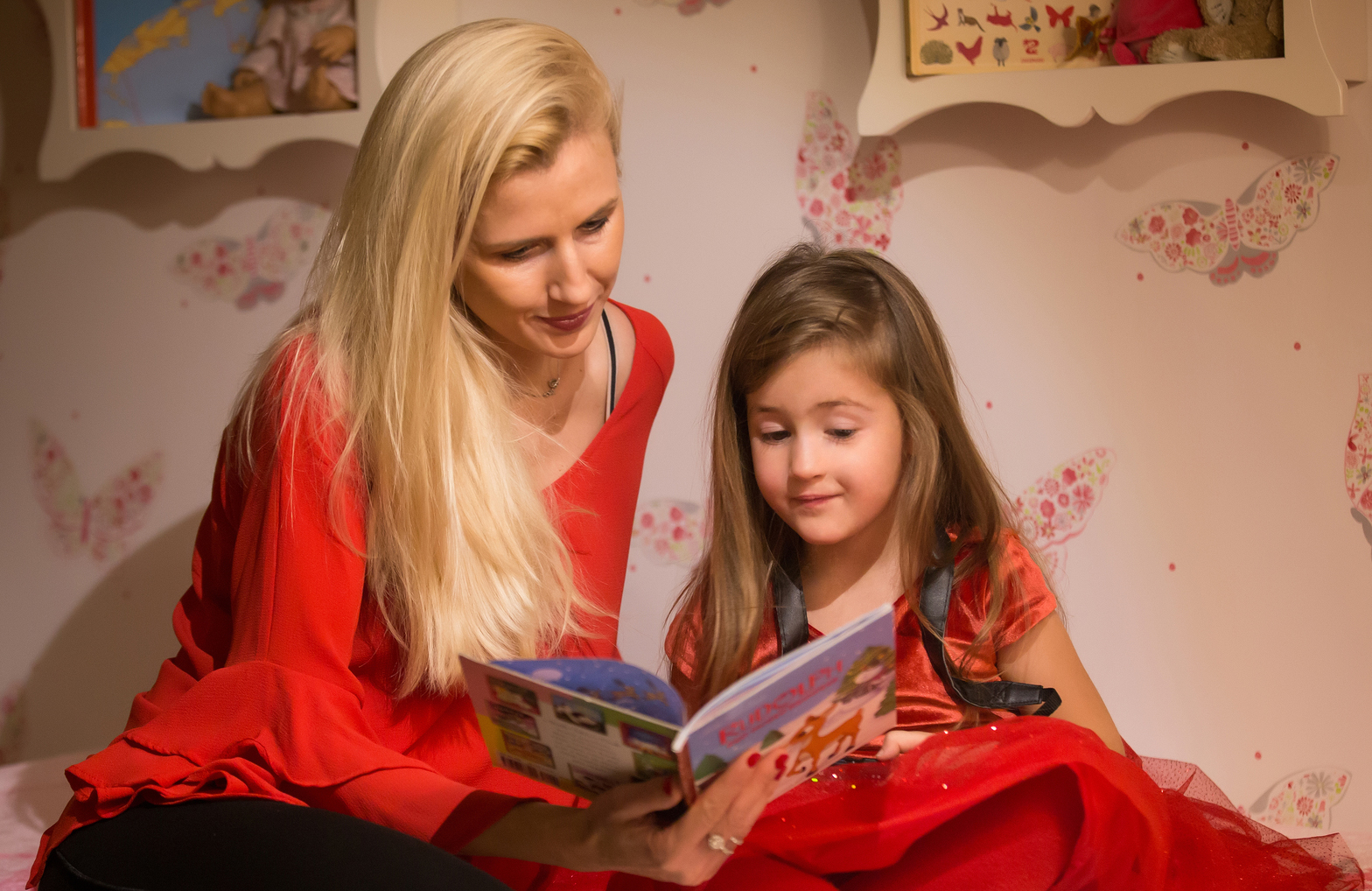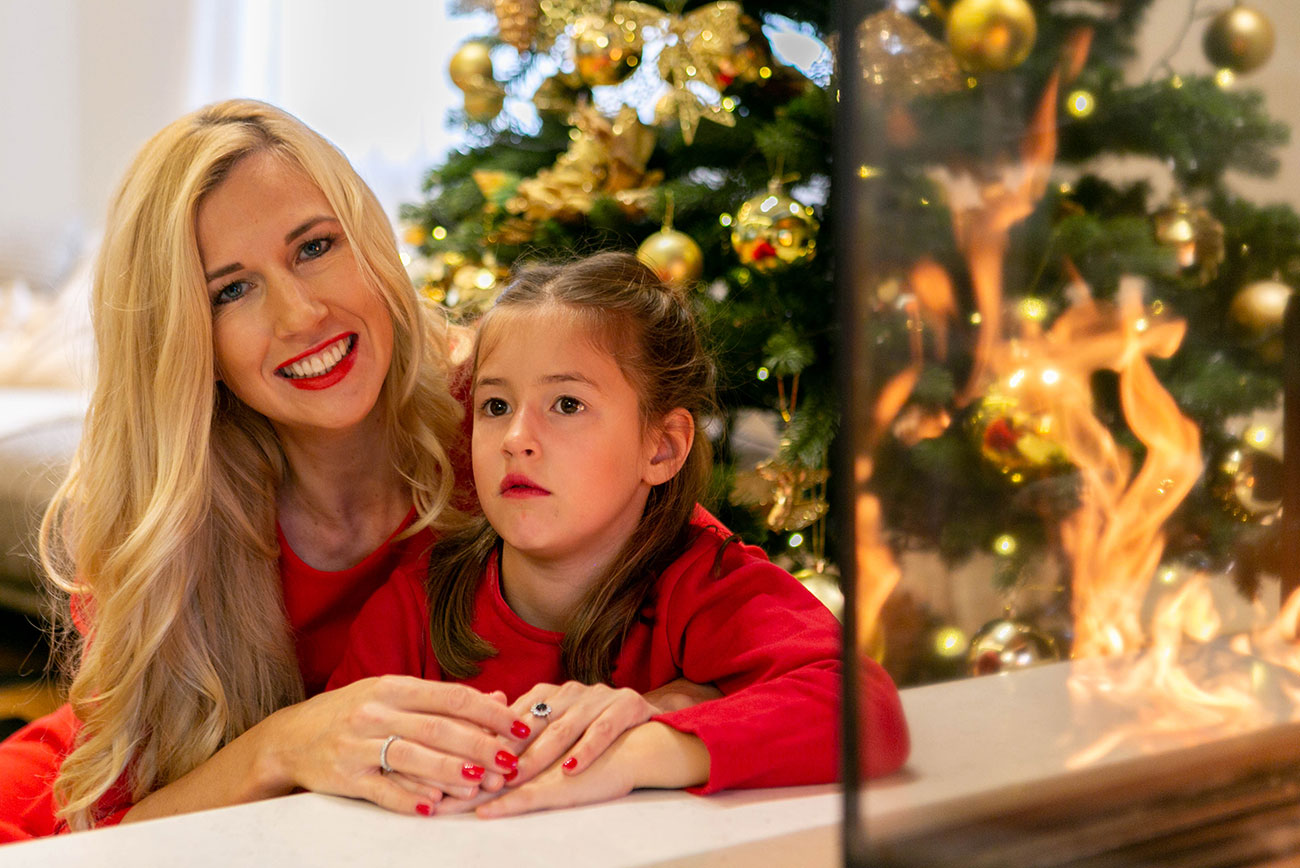“Language… is something done at an unconscious level in the mind. It begins and unfolds in the darkest depth of the unconscious, and when it emerges it is as a fixed acquisition.” ~ Dr. Montessori (The Absorbent Mind)
We live in a multicultural world. We speak many languages. Our relatives come from other ethnics and cultures then ours.
Many parents with small babies ask themselves how do I know what language should I use with my baby? Or doesn’t she get confuse if I speak my mother tongue to her and out of the house I speak other language because we live abroad?
This topic fascinates me since I have my first child. My family is multilingual. At home we speak Italian, Polish, Albanian and English.
Montessori said: “In the first three years of his/her life, a child is a genius in learning languages.” Maria Montessori was a pioneer in this area, and clearly stated that only by making use of the natural development of children it’s possible to educate them up to the level of their human potential. This potential is enormous as regards the learning of languages.
My kids (5 and 8) they both speak all 4 languages correctly, naturally switching from one language to another for their necessity. It’s been a natural choice of our multi-culture family to respect our mother tongues and the language of the place we live and work.
Dr. Montessori believed that an area of the human brain is specially predisposed for learning language during a sensitive period in early life. She noted that infants around age 4 month have a special interest in adults speaking, as suggested to her by their carefully observing and attempting to imitate adults’ lip movements during speech.

Infants’ sensitivity to the mouth region as they are learning language is speculated to help them see how to produce the sounds they need for language. Note that this sensitivity is strongest when babbling proper begins around 8 months.
Dr. Montessori believed the preschool years to be sensitive periods for grammar as well as for vocabulary:
“Experience has shown us that little children take the liveliest interest in grammar, and that this is the right time to put them in touch with it.
In the first period (0 to 3) the acquisition of grammatical form was unconscious, now it can be perfected consciously. And we notice something else: that the child of this age learns many new words. He has spontaneously accumulated a very great number.”
How to do it?
We have an amazing opportunity to expose our children to beautiful, rich language which they will absorb with ease.
Just as a child can learn the names of different fruits (bananas, apples, grapes, etc.), so too can they learn the names of different vehicles from front-wheel loader to excavator to mobile crane, or different birds from flamingo to toucan.
Have fun with it and we will only be limited by our own knowledge.
To help them grow their desire to learn words, we can put together vocabulary baskets for our child to explore. The baskets have objects classified by theme. For example, items from the kitchen, tools of familiar objects.
Books are always the best. Choose lovely books to share with our children and read aloud often. For Children under 6 years old, their understanding is based in the world they see around them. They love books which reflect things they know from daily life.
Conversations with our child is a precious tool for the language development.
The adults in the environment are the primary sours of language for the child, so we can use any moment during our day to describe what we are doing.
Use rich language, give the proper names of things.
Self-expressions
Even a young toddler can have a conversation with us. They will learn eye that what they say is important and encourage language development. We can stop what we are doing, look them in the eye and – hard as it is- try not to finish their sentences.
Don’t forget to include moments of silence in the day – even turn off the music sometimes. It is difficult to filter out these background noises and is not ideal or language acquisition.
Children understand more than baby talk and simple instructions. They want to be included in the communications of our daily life.
In-depth discussions of Dr. Montessori’s ideas on language development can be found in her book “The Absorbent Mind”. The citations come from that (1995, p. 174).





7342 Comments
Alicja
Bardzo mi sie spodobal ten tekst! Jest madry,dojrzaly,konkretny i ciekawy! Mozna sie dowiedziec rzeczy o ktorych sie wielokrotnie mysli…czesto sie zastanawia. – co robic w podobnej sytuacji. A to gotowe rozwiazanie oparte na autorytetach i wlasnym doswiadczeniu! Brawo!
Prosimy o wiecej.